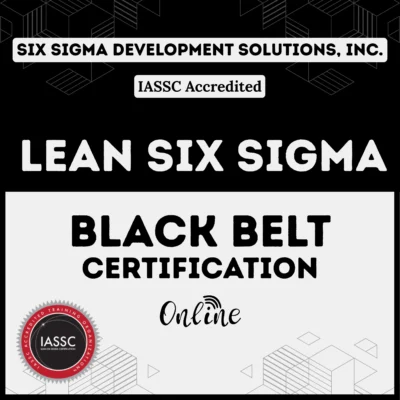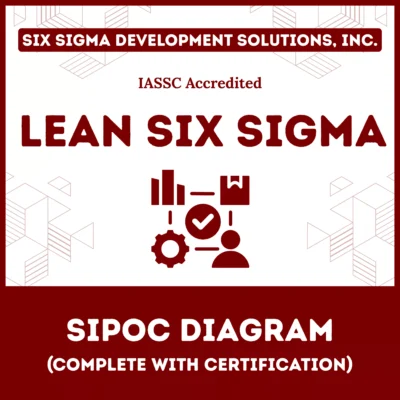Batch production is a manufacturing method wherein the Company creates products in batches rather than continuously through various stages. This approach produces multiple identical items at once, which go through each stage together.
Batch processing provides manufacturers greater flexibility and customization than continuous manufacturing methods, like continuous production that never ceases. The method allows tailoring each batch specifically to meet specific customer demands such as different sizes, colors, or styles, making it the perfect way to respond quickly to changing market trends and customer preferences.
Table of contents
What Is Batch Production in Manufacturing?
Batch production refers to any method of mass manufacture that involves grouping identical products together during each stage of the production process. Manufacturers using batch processing can choose the size and frequency of production runs for their individual batches, offering greater flexibility when managing different product specifications within each batch.
Features of Batch Production

- Simultaneous Production: Items within a batch go through each stage of production simultaneously to ensure uniformity.
- Customizable Batches: Manufacturers can alter specifications between batches to meet specific order needs, such as colour or size requirements.
- Quality Control: Each production stage can incorporate quality checks, and operators should test and adjust machinery between batches to maintain high standards.
- Inventory Management: Helps keep optimal inventory levels, thus decreasing storage costs and wastefulness.
- Adaptability for SMEs: Particularly advantageous to smaller to medium-sized enterprises (SMEs), as their lower operating costs and ability to produce smaller amounts make these software packages particularly suitable.
Advantages
- Cost Efficiency: It can save money through reduced running costs and bulk purchasing materials that often offer discounts.
- Reduced Waste: Smaller batches mean reduced waste when defects arise and manufacturers can adjust production according to demand, thus preventing overproduction.
- Greater Adaptability: Manufacturers can more quickly respond to market and seasonal shifts by altering production specifications between batches.
- Efficient Use of Resources: Producing in batches maximizes machinery and labour utilization and increases overall efficiency, further benefiting efficiency.
Disadvantages
- Downtime: Machinery reconfiguration between batches can cause major downtime, slowing the overall production process.
- Lack of Specialization: Producing items tailored specifically for individual customer demands can be challenging within a batch processing framework.
- Higher Costs Than Smaller Production Methods: Batch processing methods incur higher storage and potential wastage costs compared to producing smaller amounts or individual items individually.
- Waste from Errors: Any mistakes within a batch could have disastrous repercussions that result in significant waste and costs for an organization producing it.
Applications
Batch production is often employed in industries requiring flexibility and variations in products, such as:
- Pharmaceuticals: Formulation variations for various medicines produced.
- Food & Beverage: Seasonal or trend-driven variations on existing products.
- Clothing: Producing various styles, colours and sizes.
- Machinery: Customizing equipment and tools to specific applications.
Optimizing Batch Production with Technology
Today’s modern batch processing can be significantly enhanced using advanced technologies;
AI and IoT Sensors: Smart machinery equipped with AI and Industrial Internet of Things (IIoT) sensors can automate reconfiguration, eliminating manual errors while expediting transitions between batches.
Data-Driven Decision Making: Utilizing analytics to enhance production efficiency and decision-making processes.
Predictive Maintenance: Employing AI to anticipate when machines will require maintenance to reduce downtime and prevent unexpected breakdowns.
Final Words
Batch production offers an effective balance between flexibility and efficiency in manufacturing, making it particularly suitable for small-medium enterprises (SMEs) or industries requiring multiple product specifications.
Utilizing cutting-edge technologies can overcome its inherent inefficiencies to become an efficient manufacturing method that delivers profitable returns on investments.


















